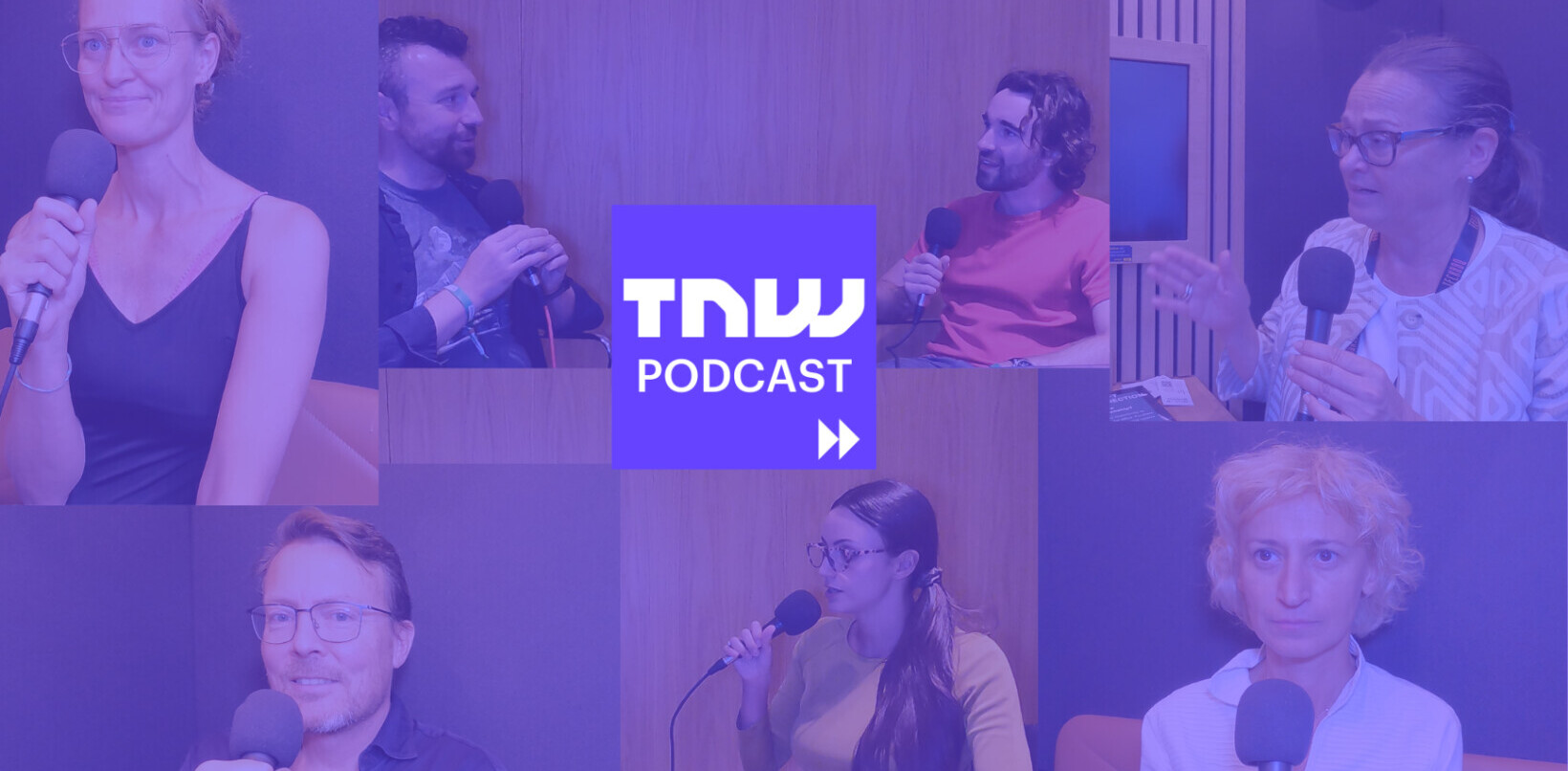
An Industry Committee of MEPs have today voted to approve a controversial plan that could allow service providers to prioritize certain types of traffic as long as it doesn’t degrade access to other rival services.
The decision comes as part of a package of measures that includes ensuring that mobile roaming costs would be banned by December 15 2015 – although MEPs are now calling for the European Commission to lay down guidelines for “exceptional cases in which companies would be allowed to apply charges” to protect against “anomalous or abusive usage of retail roaming services”.
The potentially more worrying part of the package is focused on ensuring net neutrality – which should in theory be a good thing. However, despite the announcement saying that “MEPs inserted strict rules to prevent telecoms companies from degrading or blocking internet connections to their competitors’ services and applications” (as happened with Skype in 2012), there’s also a clause that will allow operators to monetize over-the-top (OTT) traffic by offering “specialized services” :
Companies would still able to offer specialized services of higher quality, such as video on demand and business-critical data-intensive cloud applications, provided that this does not interfere with the Internet speeds promised to other customers. Measures to block or slow down the Internet would be allowed only in exceptional cases, e.g. where specifically ordered by a court.
As such, all an ISP would theoretically have to do is reclassify some services as “specialized” in order to be allowed to prioritize their Internet speed.
The telecoms package isn’t quite a done deal just yet though; it still needs a final seal of approval which is due to go to a wider vote on April 3.
Mixed reaction
News of the vote was welcomed by European Commissioner Neelie Kroes, who proposed the telecoms package initially:
Digital tools and telecoms networks enable productivity and performance in every area of our lives. And now we are one step closer. This is about ensuring a dynamic, healthy, competitive telecoms sector, fit to face the future. It’s about arming every European business with the tools and networks they need to innovate and grow. And giving every European citizen the seamless connectivity they have come to demand – without unfair practices like blocked services or roaming charges.
On the other side of the equation, there’s the EDRi which said that the legislation is flawed and could allow for a future monopoly:
Ultimately, it permits telecoms companies to restrict access to their customers – essentially creating a new monopoly – the same kind of monopoly that caused high mobile phone charges. If this result is not overturned by the vote of the full European Parliament in two weeks, the result will be a weaker, poorer online environment, to the detriment of European citizens and European innovators
At a time when excessive roaming charges and imbalanced access need to be clearly legislated against, it’s encouraging to see packages such as this generally gaining support. However, with vaguely defined terms leaving potential for future dual-tier Internet access, the ultimate goal won’t have been achieved if it’s approved in it’s current form.
Featured Image Credit – Getty Images
Get the TNW newsletter
Get the most important tech news in your inbox each week.





